Guo Shiqiang’s two runner-up finishes represent two very different destinies.
At the moment the Asian Cup final ended, Guo Shiqiang approached and hugged Hu Mingxuan, who missed the decisive three-pointer, and both showed a regretful, wry smile. After the game, Guo reflected that the loss was due to failing to handle the finer details.
Indeed, when we fought Australia to the very last minute, many small problems emerged: our offense was hesitant, and our defense allowed easy baskets under the rim. These details, on a larger scale, pointed to a difference in fundamental strength.
Although it was disappointing to lose the championship, compared to the runner-up finish 16 years ago, this time Guo Shiqiang received unanimous praise, and he could truly finish the Asian Cup journey with his head held high and a smile.
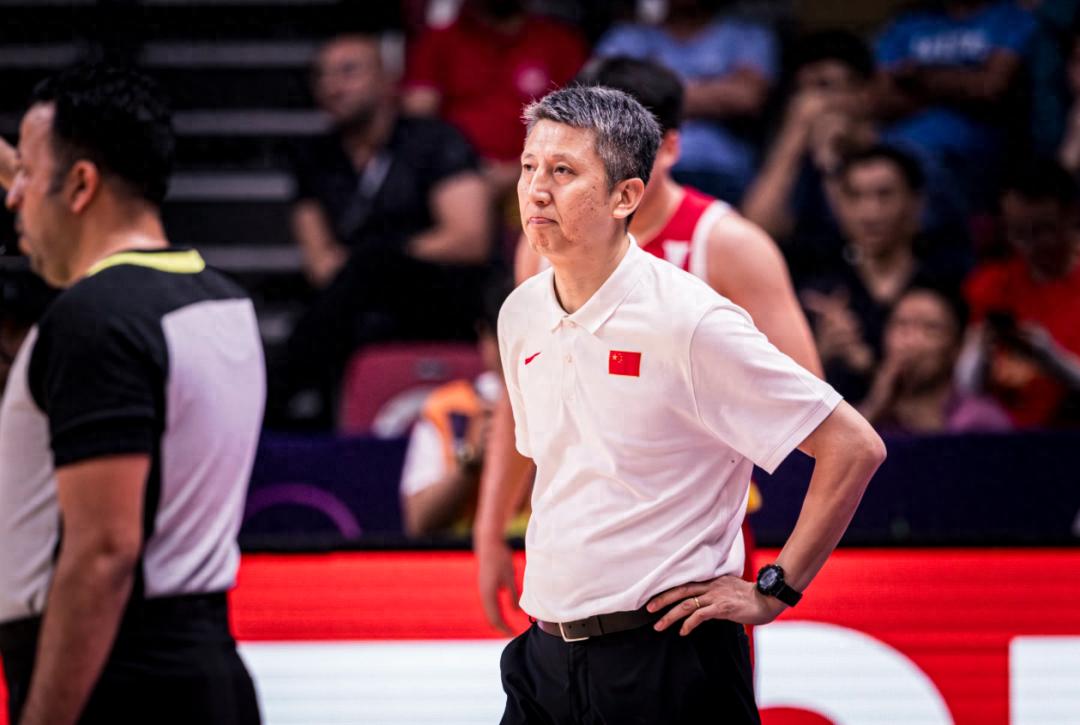
In the 2009 Tianjin Asian Championship final, the Chinese men’s basketball team suffered a crushing 52-70 defeat to Iran. At 34, Guo Shiqiang, the youngest national team head coach, faced his first major test and lost badly. During the award ceremony, Sun Yue, Zhu Fangyu, and Du Feng occasionally smiled, sparking the infamous “smile gate” controversy, which caused public uproar and led to Guo’s resignation in disappointment.
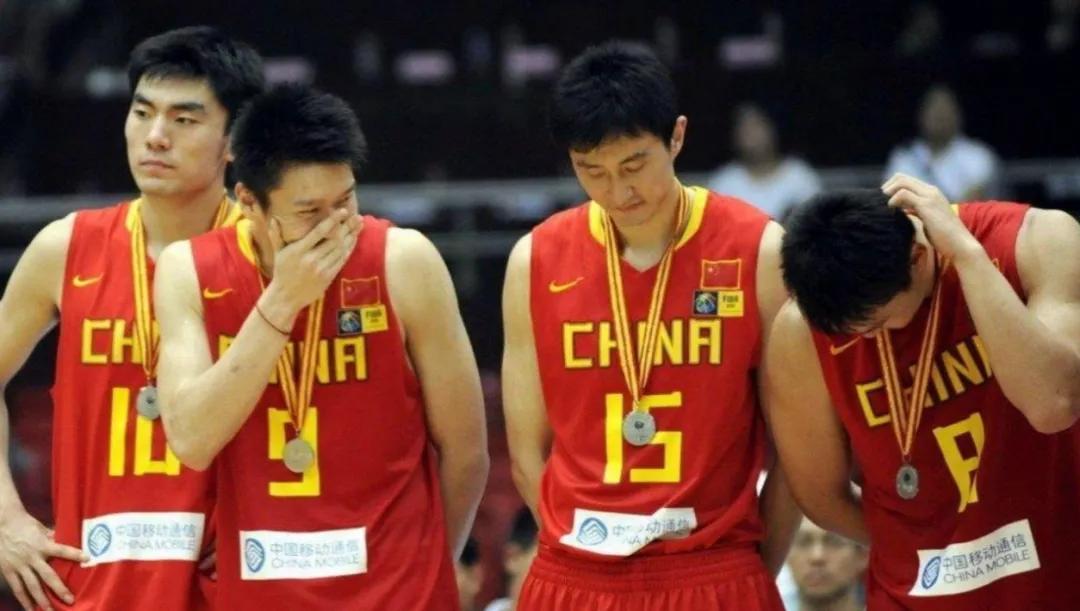
Looking back at that Asian Championship, the young Guo Shiqiang relied too heavily on Wang Zhizhi and Yi Jianlian, focusing tactics too narrowly on the inside and completely neglecting other players. At the time, the men’s basketball team’s decision to appoint Guo was somewhat a last-minute emergency measure, and it proved that Guo was not yet the right choice as a head coach.
After stepping down as the men’s team head coach for the first time, Guo Shiqiang went on to study and train in basketball powerhouses like the USA, Spain, and Australia. Bringing back updated basketball concepts, he became Deng Huade’s assistant coach the following year. However, for the next 14 years, Guo did not return as the men’s team head coach.
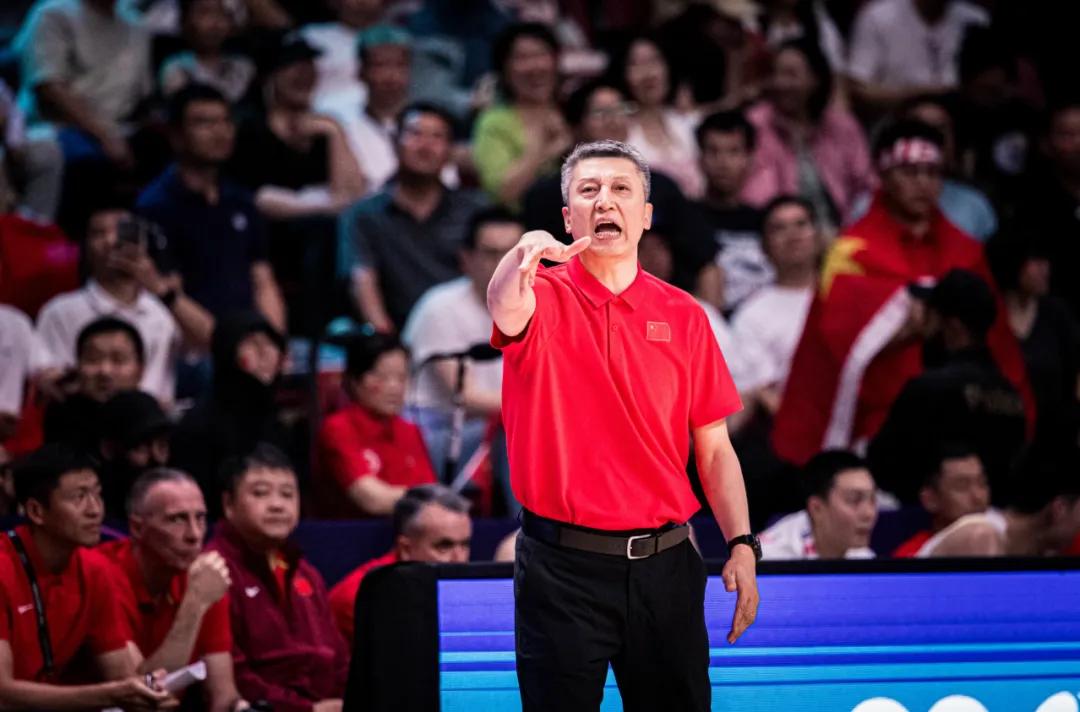
Until 2024, Guo Shiqiang once again took on the role of men’s national team head coach under urgent circumstances. Compared to the strong squad in 2009, the 2024 men’s team was at a historic low point, disconnected from world basketball and even losing competitiveness within Asia.
Against this backdrop, Guo Shiqiang stepped down as Guangzhou team head coach. During his time coaching Guangzhou after leaving Liaoning, Guo changed many players, enforcing strict and decisive coaching methods. In his first two years in Guangzhou, he replaced 12 players, saying: “If they can’t meet my standards, they have to leave. Those who stayed train every day with the desire to improve and progress; no matter how tough or exhausting the training, they persevere.”
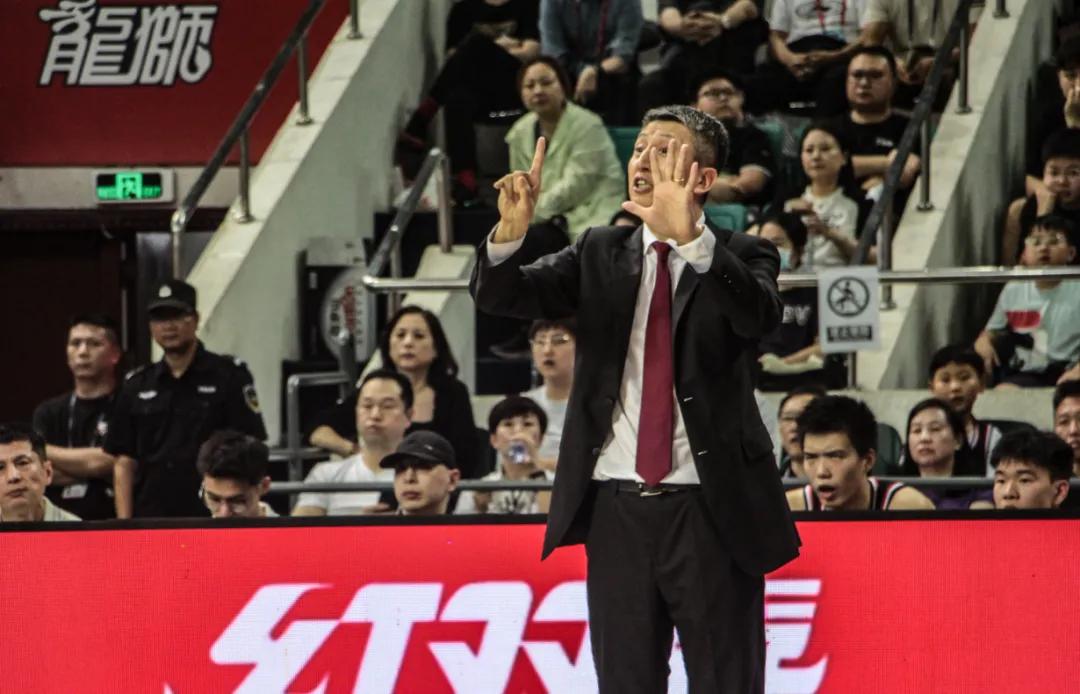
This also reflects Guo Shiqiang’s selection criteria for this Asian Cup team: first, players must meet training standards. Guo’s picks may not be the most famous or highest scorers, but they must fit his basketball philosophy and be hardworking.
In Guangzhou, Guo developed players like Chen Yingjun, Cui Yongxi, and Li Yanzhe. The Guangzhou men’s basketball team improved year by year, rising from a league bottom feeder to a regular playoff contender, even breaking through the first round. This record helped Guo get a second chance to lead the national team.
Previously, under Coach Joe, the Chinese men’s team mainly relied on offense to drive defense, with unsatisfactory results. Guo Shiqiang’s consistent philosophy is defense first, and his player selection prioritizes defense, though this doesn’t mean he neglects offense.
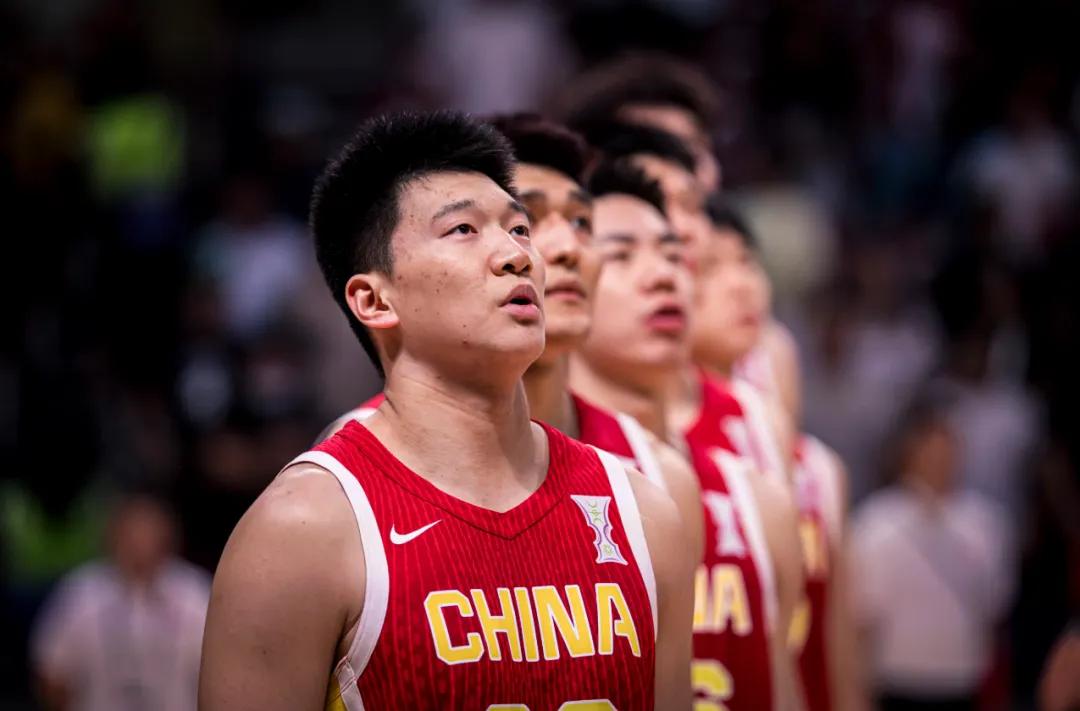
When discussing how to lead the men’s team out of their slump, Guo mentioned four key points: “First, balance offense and defense, both individually and as a team; second, combine inside and outside play; third, speed up fast breaks and transition offense; fourth, play team basketball.”
Setting guidelines is easy, but implementing them requires great effort. This team has indeed increased its pace, while also improving accuracy, truly aligning with world-class basketball by balancing speed and precision.
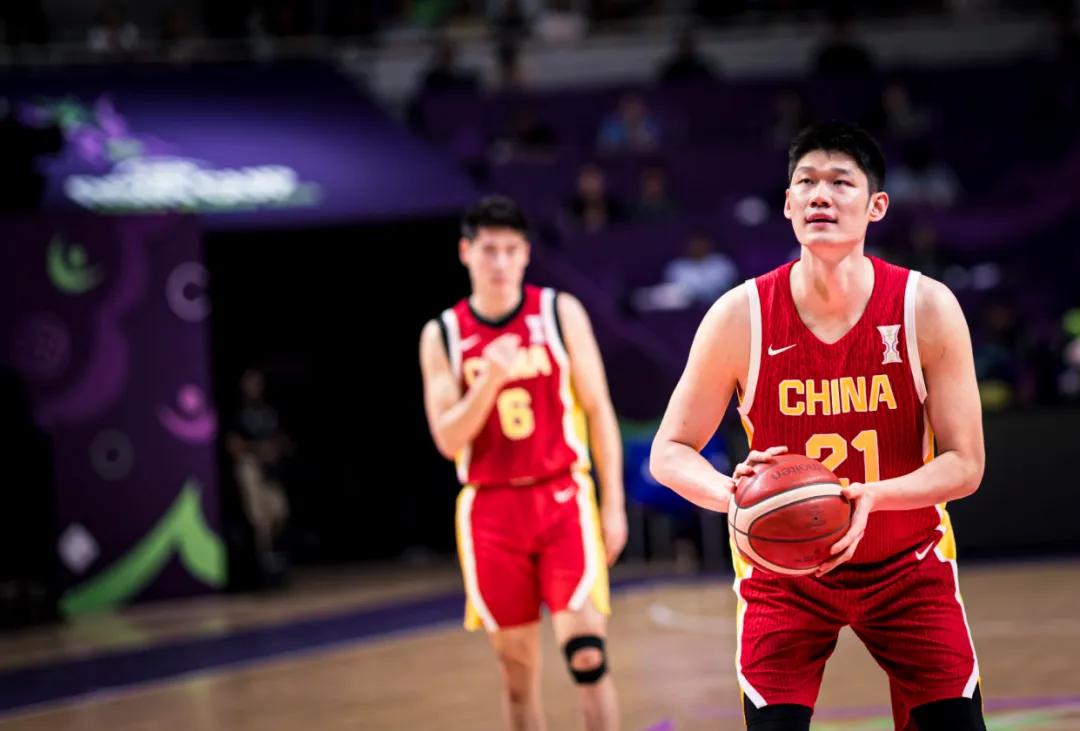
Previously, the national team struggled with poor three-point and free-throw shooting, leading to low offensive efficiency. At this year’s Asian Cup, the men’s team shot a tournament-best 41.2% from three-point range and 80.3% from the free-throw line. The most obvious impression is that the team has truly become more accurate.
Going from inaccurate to accurate demands tremendous effort. Guo Shiqiang said the men’s team dedicates a large amount of training time to shooting and free-throw practice, with at least 50 free throws practiced each session. The saying “practice makes perfect” was proven true with this team.
Our offense no longer heavily depends on the inside; guards initiate pick-and-roll plays, and accurate outside shooting stretches the floor. Our men’s team has transformed into a space-oriented offensive squad, something previously unimaginable.
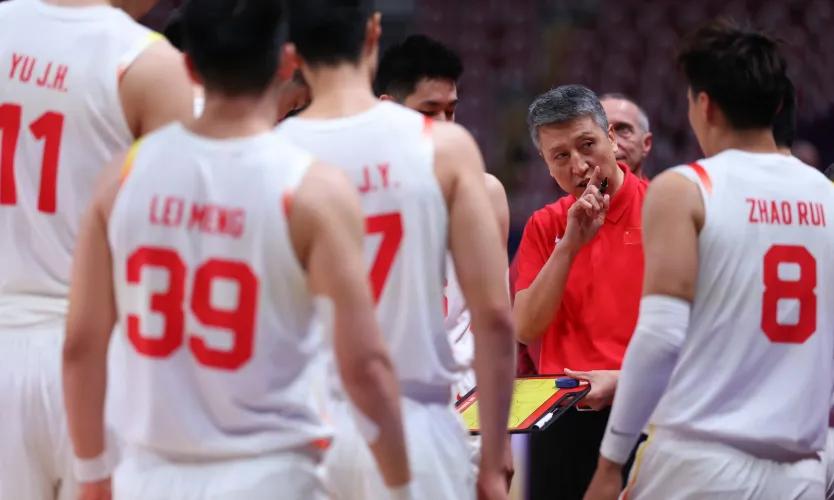
Guo Shiqiang deserves much credit for the men’s team’s transformation and progress. He united the players, trusted Zhao Rui’s leadership, believed Hu Mingxuan’s shooting touch would recover, and gave rookie Wang Junjie plenty of room to learn through trial and error.
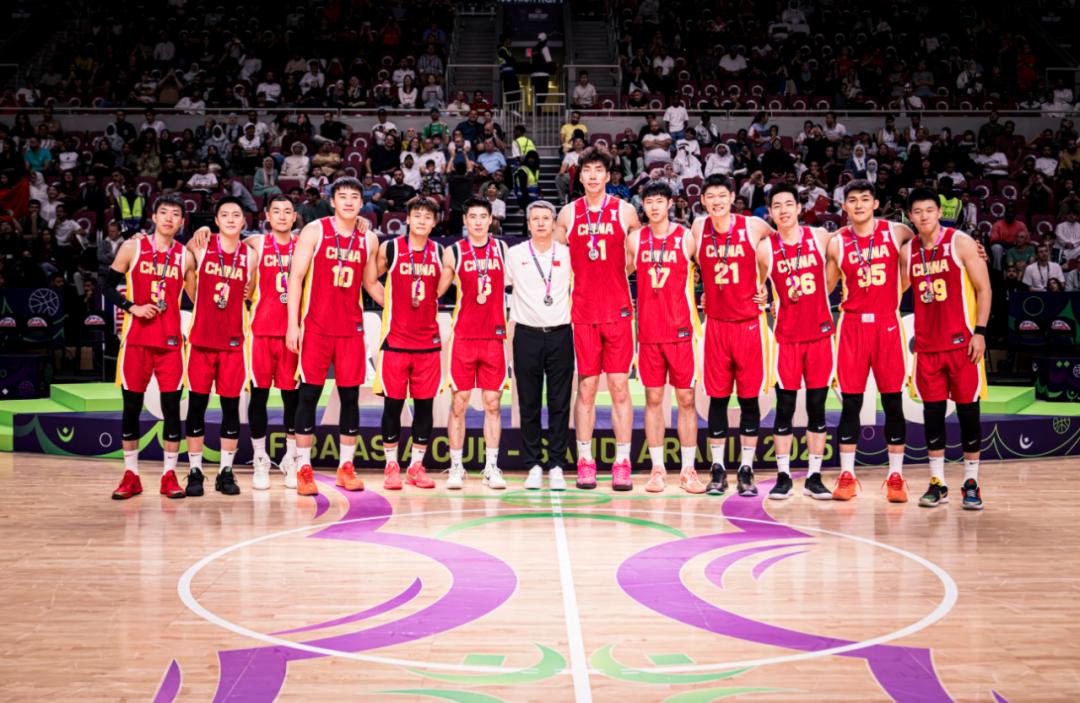
This explains why Guo Shiqiang led the team to two Asian runner-up finishes but received completely different public opinions each time. Even at the award ceremony, Guo initially tried to stand off to the side, but the players actively pushed him to the center stage.
From onstage to offstage, Guo Shiqiang fully deserves all the praise he receives.


Wonderfulshortvideo
Ja tough chasedown rejection 🏃 🚫


Shai Gilgeous-Alexander joins Wilt Chamberlain (3x) as the only players in NBA history to total 40+ pts, 10+ ast, and 5+ reb in a game on at least 80% shooting from the field 📈 💪


🤩A legendary London crossover w/ @marcelotwelve 🇧🇷


Giannis jams it through traffic 🔥


SGA gets inside for 2️⃣, putting him at 40pts on the night ❗️


Great @Charlotte Hornets sequence 🏀


DUNK OF THE YEAR⁉️⁉️⁉️








 Links
Links
 Contact
Contact
 App
App


